We are very happy to share that Abstract Wikipedia and Wikifunctions will be supported by a Google.org Fellowship. Let’s first introduce Google.org and the Fellowship program in their own words:
About Google.orgGoogle.org, Google’s philanthropic arm, supports nonprofits that address humanitarian issues and apply scalable, data-driven innovation to solving the world’s biggest challenges. They accelerate progress by connecting nonprofits with a unique blend of support that includes funding, products, and technical expertise from Google volunteers. They engage with these believers-turned-doers who make a significant impact on the communities they represent, and whose work has the potential to produce meaningful change. Google.org wants a world that works for everyone—and they believe technology and innovation can move the needle.
Google.org Fellowship
The Google.org Fellowship enables Googlers to complete up to 6 months of full-time pro bono technical work to accelerate the social impact of nonprofits and civic entities. Fellows, including engineers, product managers, UX researchers, and designers, roll up their sleeves alongside the organization’s staff to help build open-source solutions and equip the organization to maintain and implement these solutions long after the Fellowship ends. Each year, 50+ Googlers provide 50,000+ hours of pro bono services assisting organizations to build solutions for some of the world’s toughest challenges.
For nine months, up to 10 Google.org Fellows will be supporting the Abstract Wikipedia and Wikifunctions team. Most of their focus will be on the backend of Wikifunctions: in other words, they will work towards making the evaluation of functions far more efficient. This will enable Wikifunctions to grow without immediately overwhelming the computing resources we have available at the Wikimedia Foundation.
The Fellows will also work on a few other projects about which we will share updates in the weeks and months to come. We will also publish a detailed report in the end about the impact and the results of the work. Several Fellows will start their work in April this month, and we’ll bring on others to begin work in July.
As with all of our work, the work of the Fellows will be open source and developed in the open, using our usual workflows and tools. The Fellows will work under the direction of the Wikimedia Foundation, and will, during the time of the Fellowship, interact with the community and others just like every other employee or contractor.
The contributions of the Fellows are expected to allow us to launch sooner and scale Wikifunctions much faster than we would otherwise be able to. This also will allow us to focus on Abstract Wikipedia sooner than we had expected over the last year, and thus ultimately speed up to deliver on our mission of allowing more people to share knowledge in more languages.
In the following, we let the Fellows introduce themselves in their own words.
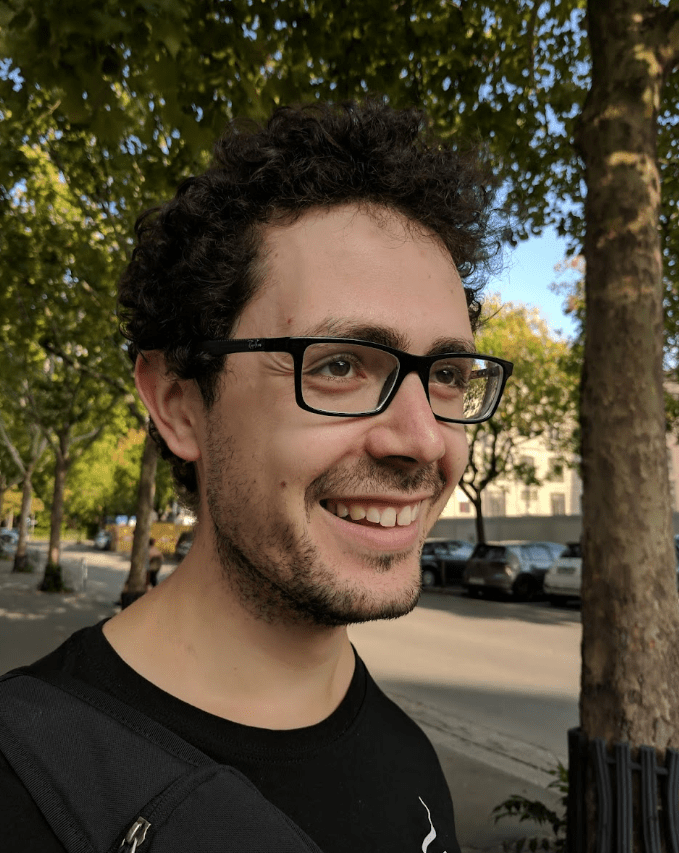
Ali Assaf, Software Engineer Fellow [Apr.-Sep. 2022]
Location: Zurich, Switzerland
Ali (he/him) has worked for more than 6 years as a software engineer at Google Zurich, developing backend infrastructure for YouTube. His work enables creators and partners to deliver content at scale. The cat videos must flow! Before that, he was doing graduate studies in theoretical computer science in Paris, on the subject of logic and computer-assisted theorem proving. Although he completed his PhD, his quest for the ultimate proof language is still incomplete. Ali grew up in Beirut, Lebanon, at the intersection of cultures, languages, and beliefs. He is passionate about education and access to information, and considers Wikipedia to be one of the top 3 most important websites in the world.
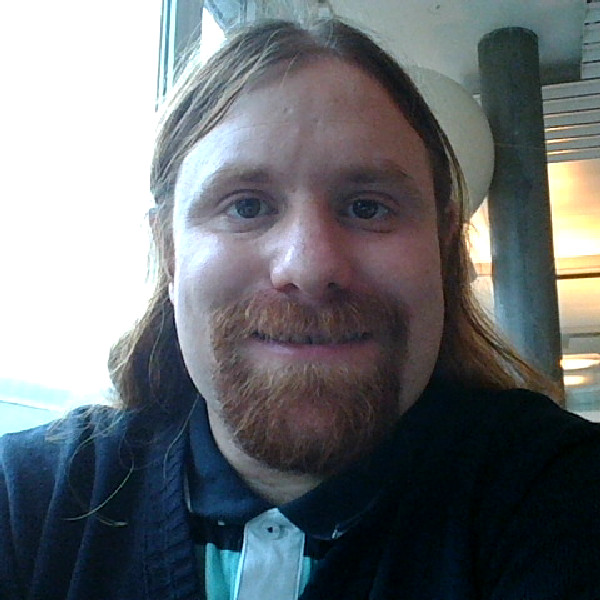
Ariel Gutman, Software Engineer Fellow [Apr.-Sep. 2022]
Location: Zurich, Switzerland
Ariel (he/him) defended his PhD thesis at the University of Konstanz in 2016, where he was researching Neo-Aramaic dialects as an associate fellow of the Zukunftskolleg interdisciplinary institute. His curriculum includes a master’s degree in Linguistics awarded by the Université Sorbonne Nouvelle and a master’s degree in computer Science awarded by the École Normale Supérieure, following a B.Sc. from the Hebrew University in Jerusalem. He has conducted fieldwork on Neo-Aramaic in France and Israel, as well as fieldwork on an Austronesian language in West Papua, Indonesia. He has published numerous articles about Neo-Aramaic and Language Acquisition. His first book (co-authored with Wido van Peursen) entitled The Two Syriac Versions of the Prayer of Manasseh was published by Gorgias Press in 2011. His second book, Attributive Constructions in North-Eastern Neo-Aramaic, was published by Language Science Press in 2018. Currently he is working as a software engineer specialized in computational linguistics at Google, Zurich.
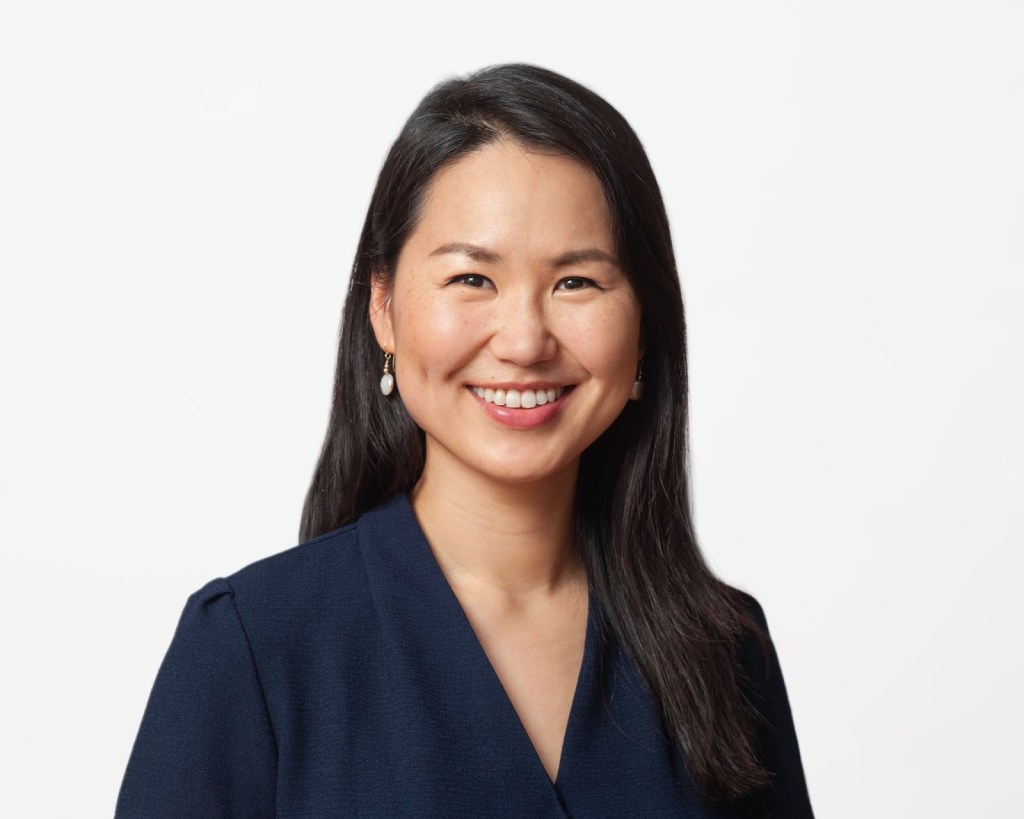
Eunice Moon, Program Manager Fellow [Apr.-Sep. 2022]
Location: San Francisco, CA
Eunice (she/her) is a Business Partner in Google’s Operational Effectiveness, responsible for contingent workforce strategy and planning for Alphabet. Previously, Eunice was a Senior Manager at Accenture, where she advised Fortune 500 companies on building data-driven organizational change programs. Through Accenture Development Partnerships, Eunice worked at the United Nations to develop a strategy to enable access to family planning for 3 million women in the Philippines. As a consultant at TechnoServe, she developed a strategy that improved the livelihoods of smallholder farmers in Mozambique. Eunice holds an MBA from London Business School and a BA in Economics from UC Berkeley.
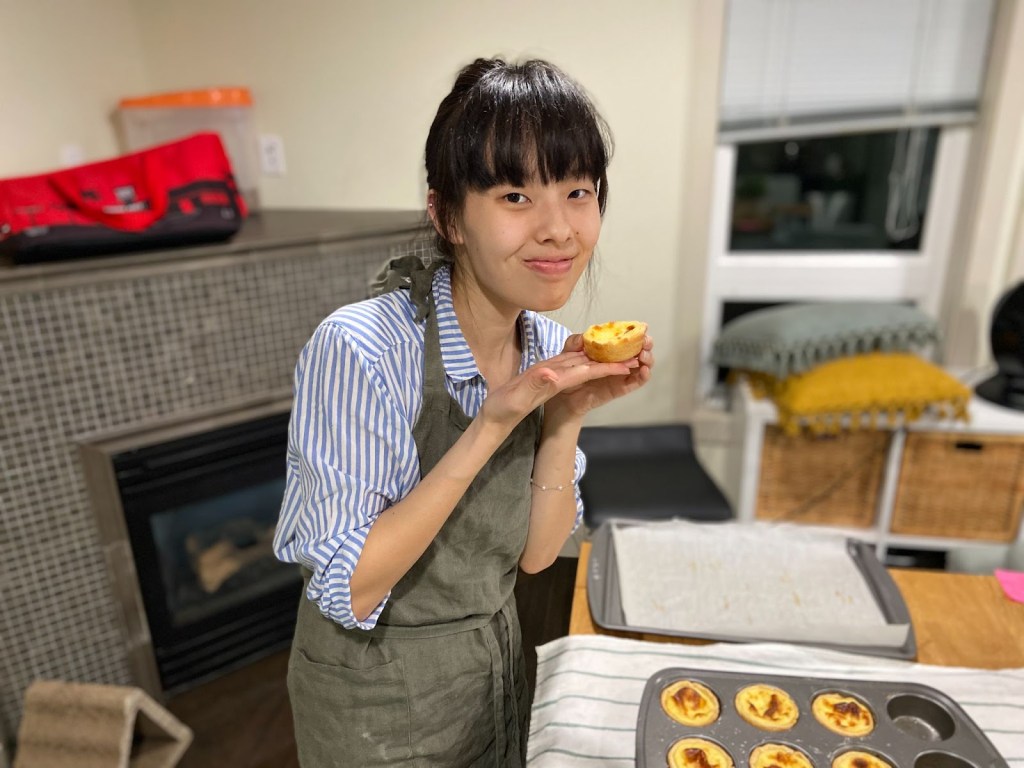
Mary Yang, Software Engineer Fellow [Apr.-Sep. 2022]
Location: Seattle, WA
Mary (she/her) is a Software Engineer at Google Seattle for 2.5 years. At her home team in Ads, she primarily works on data pipelines. She graduated college with a B.S. in Computer Science and a B.A. in Physics. She enjoys learning and researching, and she dreams of going back to school one day. With Chinese as her first language, Mary is passionate about the mission of this project, making information available around the globe. In her spare time, Mary likes baking, traveling, playing with ML models, and her two cats.
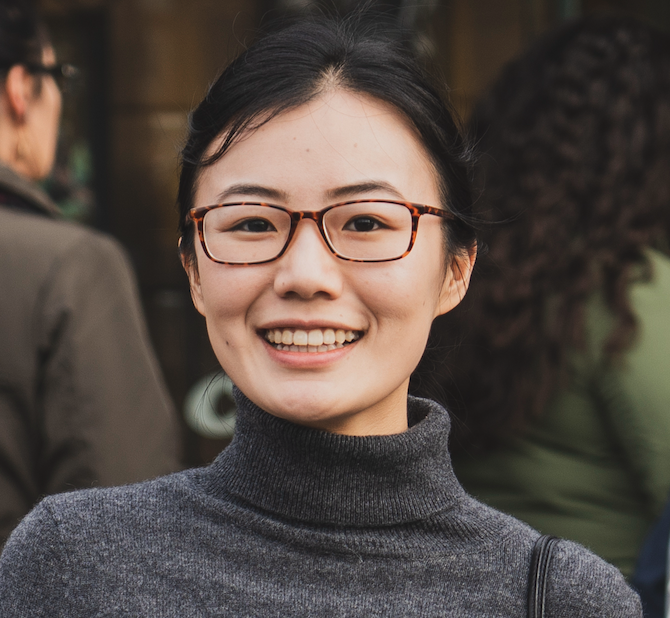
Olivia Zhang, Product Manager Fellow [Apr.-Sep. 2022]
Location: St. Louis, MO
Olivia (she/her) is a Google Cloud customer engineer, focused on enabling & coaching enterprises in their infrastructure and application modernization journey. Before Google, Olivia held roles in SaaS solution architecture and technology consulting, driving large scale technology transformations for customers across industry verticals. Olivia has a Bachelor of Arts in Psychology from Washington University in St. Louis, and an MBA from University of Missouri – Columbia.
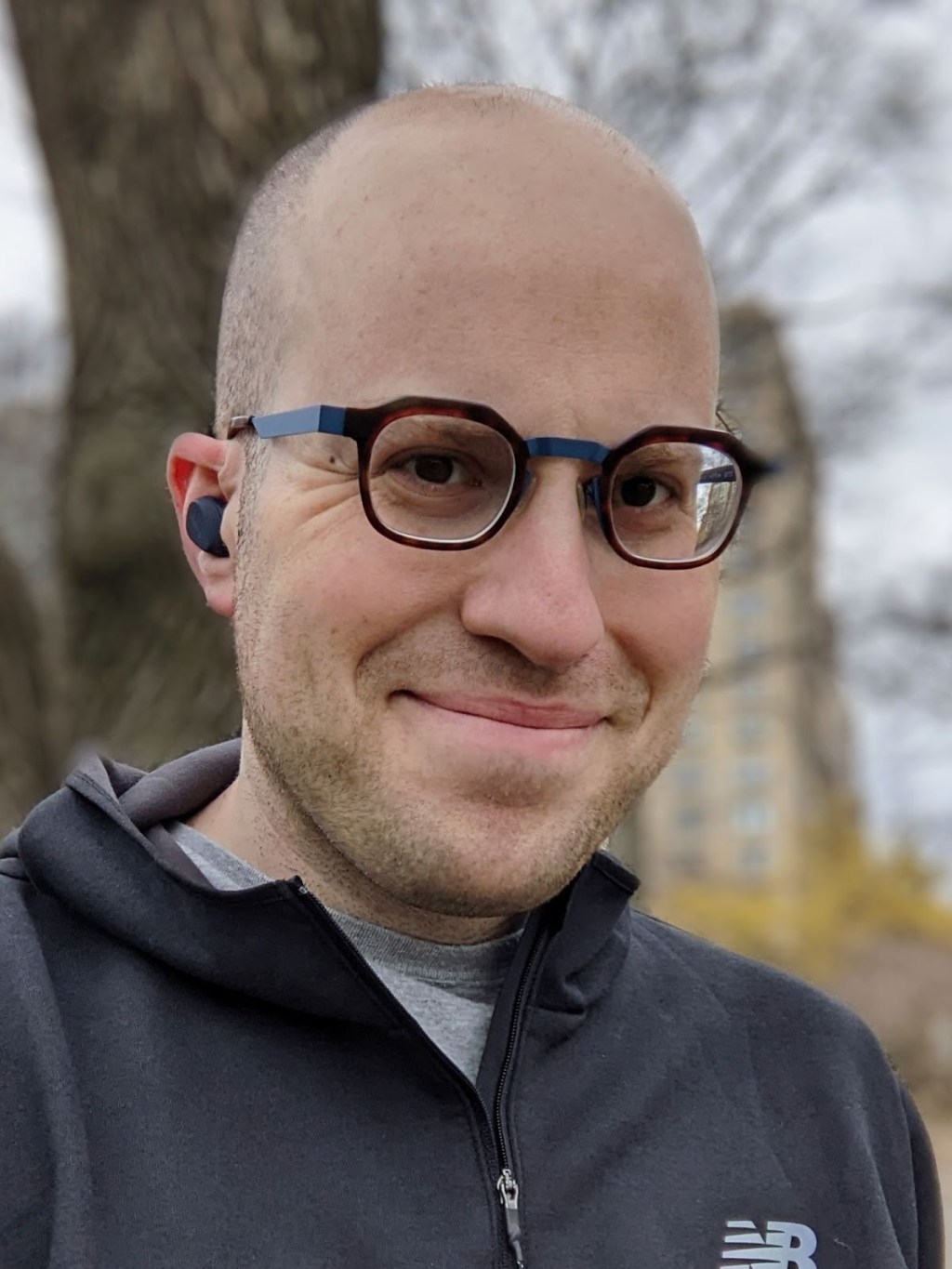
Ori Livneh, Software Engineer (TLM) Fellow [Apr.-Sep. 2022]
Location: New York City
Ori (he/him) is a Software Engineer at Google, where he works on optimizing software to run efficiently on modern hardware. He lives in New York City with his partner and their son. In his spare time, he enjoys running and hacking on open-source software. He’s been a Wikipedian since 2005. Ori also worked for the Wikimedia Foundation as a software engineer from 2012 to 2016.
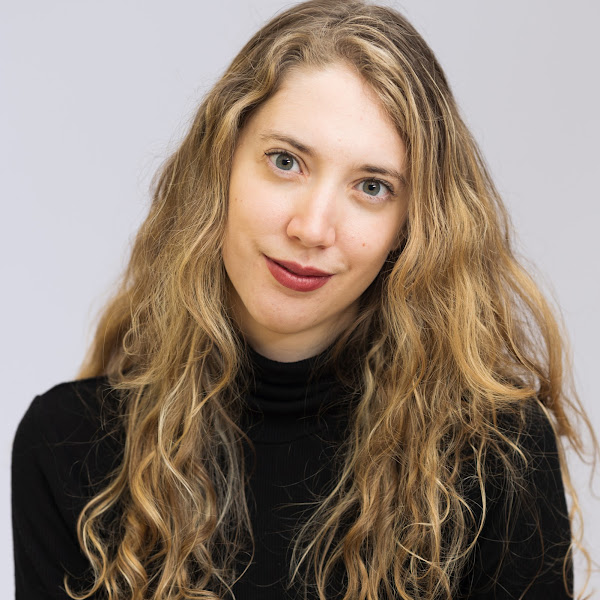
Sandy Woodruff, UX Designer Fellow [Jul.-Dec. 2022]
Location: San Francisco
Sandy (she/her) is a Bay Area-based interaction designer with 9+ years of experience who strives to create experiences that are both ethical and impactful. She has been at Google for 4.5 years on the Cloud AI & Industry Solutions UX team designing products that make AI accessible to users with limited machine learning experience. Outside of Google, Sandy loves helping others break into the field of UX through career coaching. Before that, she designed at Etsy, Rent the Runway, and Fab; advised for Cornell Tech’s incubator and launched a startup that helped New York City residents develop better recycling habits.
If you have further questions or comments, feel free to ask on wiki or on the Abstract Wikipedia mailing list. We are very thankful to Google.org for offering us this co-operative program.
This relationship is not exclusive to them; if other companies, universities, or other groups would be interested in making similar donations in kind towards the Wikimedia movement, we would be delighted to work with them, too. You can reach out to us at partnerships@wikimedia.org.
Our work with the Fellows is part of an ongoing relationship between the Foundation, Google, and Google.org. We’re happy to continue our work with both entities to support a healthy web ecosystem, making knowledge more accessible and representative of the diversity of the web’s users.
Originally published by Denny Vrandečić on April 12, 2022 on Media-wiki

Can you help us translate this article?
In order for this article to reach as many people as possible we would like your help. Can you translate this article to get the message out?
Start translation